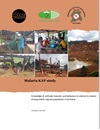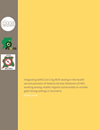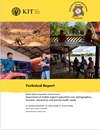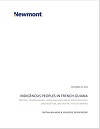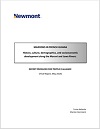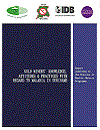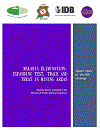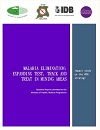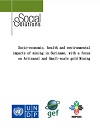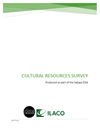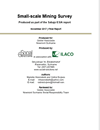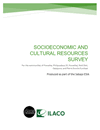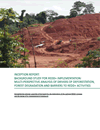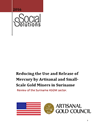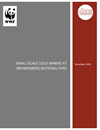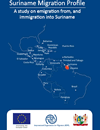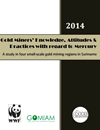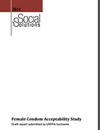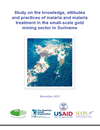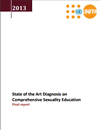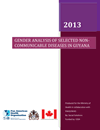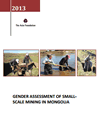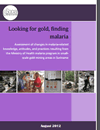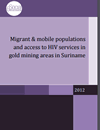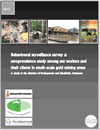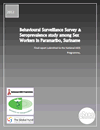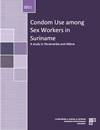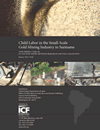Behavioural surveillance survey & seroprevalence study among sex workers and their clients in small-scale gold mining areas (A study in the districts of Brokopondo and Sipaliwini, Suriname). National AIDS Program, Ministry of Health, Suriname - 2012
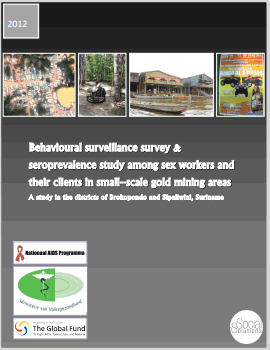 SUMMARY:
SUMMARY:
This report presents the results of a behavioural surveillance survey and seroprevalence study among sex workers and their clients in small-scale gold mining areas in Suriname, South America. Fieldwork took place in January-February 2012 and focused on sex workers and their clients in twelve gold mining sites in Suriname.
Sex workers move between different mining hot spots; between the mining areas and the capital city; and –to a lesser extent- between the mining areas and local forest villages. Self-reported condom use was high but condoms were often not used correctly and as a result, condom failure was rather high. Better knowledge of correct condom use could largely remedy this problem. The researchers identified several other topic areas where both migrants and Suriname nationals who worked in the mining areas urgently need more information and sensitization. These areas included: HIV transmission modes; HIV risk perceptions; what to do after condom failure; and the availability and location of HIV prevention, testing, care, treatment and support services


